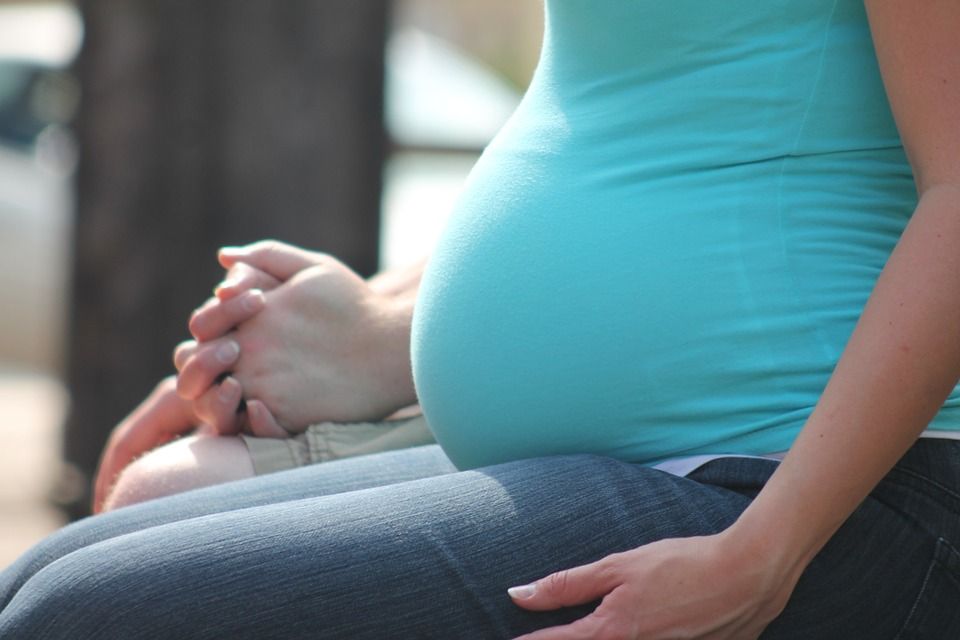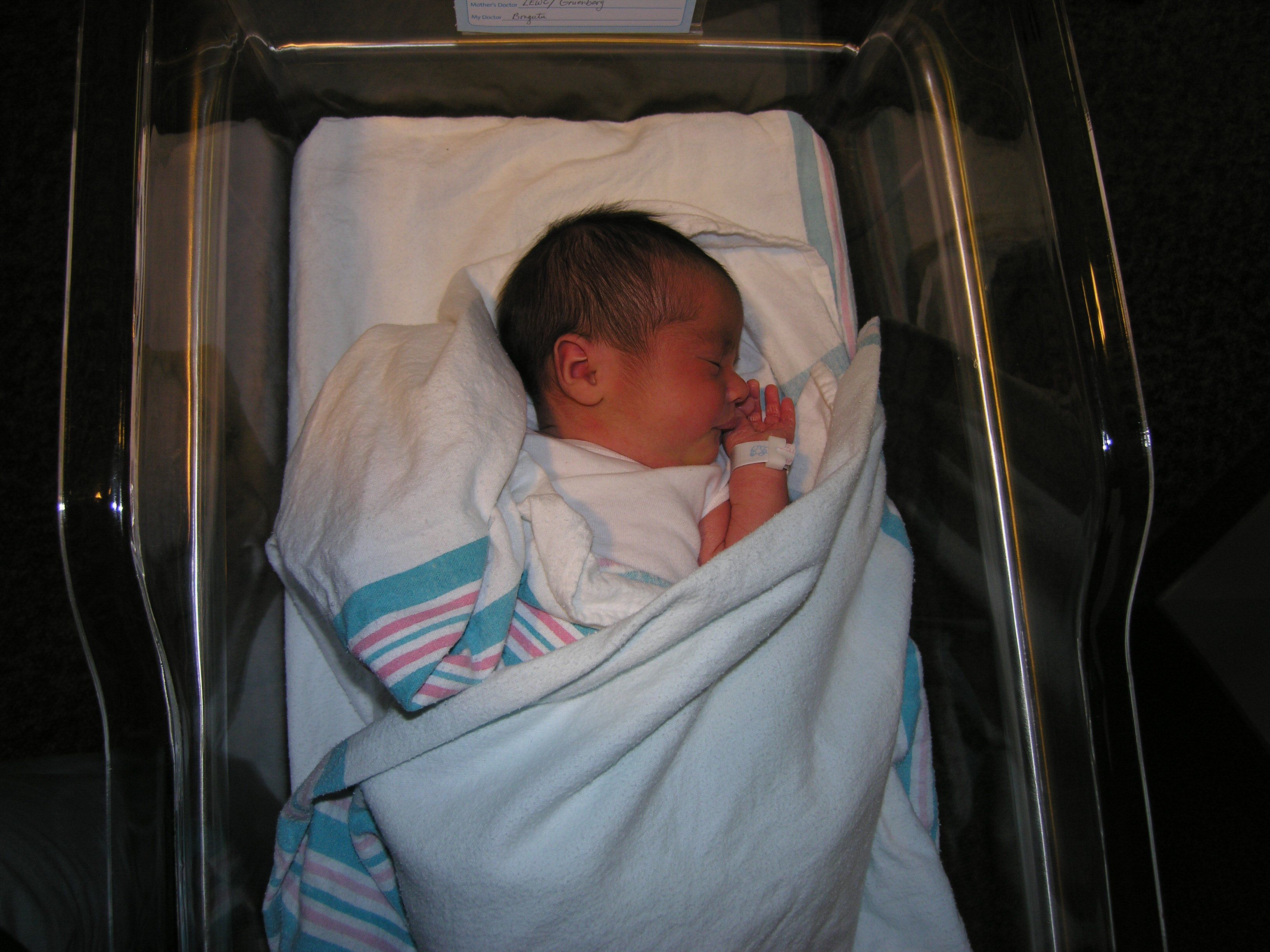If I were to guess by my Facebook timeline alone, I would say that Americans are having a lot of babies.
There seems to be a pregnancy or birth announcement every other week, but it looks like my tiny observation is way off.
As per the results of the Centers for Disease Control and Prevention's (CDC) annual birth rate study, Americans are actually having fewer babies.
When compared to previous national fertility rates (TFR), the recent study saw a decline in the numbers. In 2015 and 2016, the rates were 1.8435 and 1.8205 respectively, and in 2017, it fell down to 1.7655.
Experts are concerned about this continuous and significant drop in TFR over the last seven years because in order to sustain the U.S. population there needs to be 2,100 births for every 1,000 women. Right now, the number is 16% lower than it should be.
The only two states that are currently meeting the rate are South Dakota and Utah. Places like Vermont and Washington rank at the bottom.
The study also shows that of all the groups, Hispanic women have the highest TFR, with an average of 2.0065. Still, this number is not enough to keep the population stable in the future.
The new report has not highlighted a reason for the low birth rate, but a CDC researcher previously stated that a decline in teen pregnancies, financial woes, and easily accessible contraceptives are all possible explanations for the problem.
Young Americans are now having children later in life, and when they do, they don't have many. Not only is the fertility window small after a certain age, paid maternity or paternity leave is scarce and the cost of raising a child is higher than ever.
"In general women are getting married later in life," public health researcher John Rowe at Columbia University told NBC News."They are leaving the home and launching their families later."
While some economists argue that a smaller population will have a positive impact on the standard of living, other experts don't agree.
Some are hoping that this data will encourage the government to establish affordable childcare and housing, and maybe even allow more immigration.




